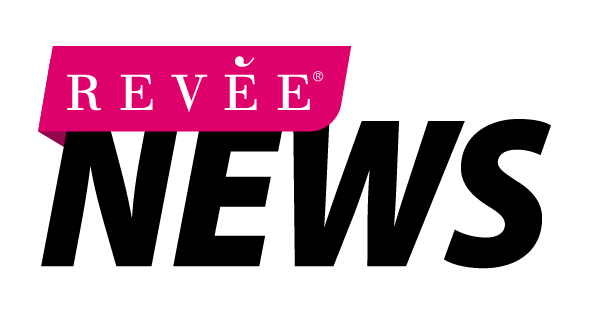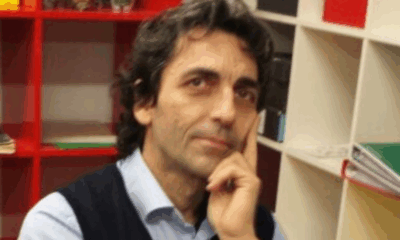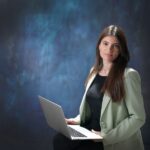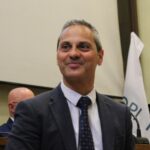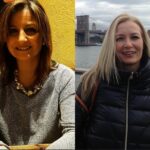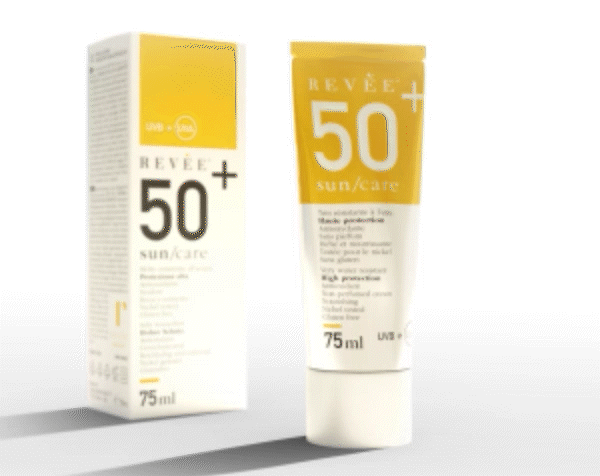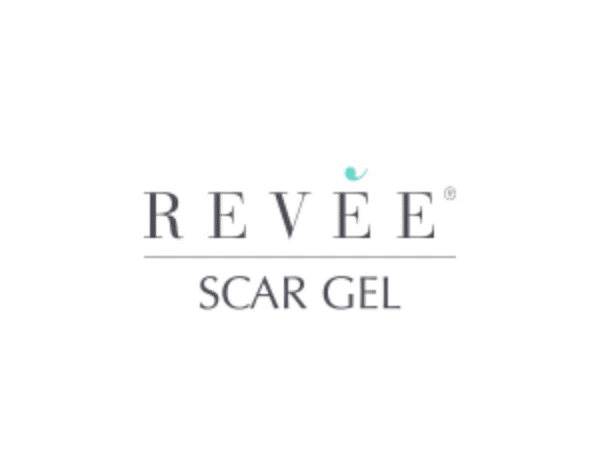Health care professionals
Covid and fake news: combat misinformation with scientific research
Research methodology is an antidote to the rampart phenomenon of misinformation. To do clinical research, the researcher needs to have the right method to approach the news properly.
In 2020, the photo of Martina Benedetti, with her face marked by the mask and exhausted by the shifts during the pandemic, went around the world. Thus becoming the symbol of nurses engaged in the front line to provide assistance in hospitals.
«The passion for research has always been there, I have combined my literary, romantic soul with the scientific one, in need of finding scientific and real explanations», says Martina Benedetti, nurse in the intensive care unit of the N.O.A hospital (Nuovo Ospedale Apuane), with previous experiences in critical areas, in cardiology and cardiac surgery.
When she is not in the department, Nurse Benedetti devotes much of her time to writing and studying research methodology together with the GIMBE Foundation, with which she currently collaborates. «I’m working on popularising scientific knowledge and I talk about the world of health care from all perspectives, whether it’s regarding health or the various issues concerning health care– declares Benedetti -. I am struggling with my small means on a daily basis to pass on the concept of accessible, public and universal health care».
Writing as “self-awareness of the soul”
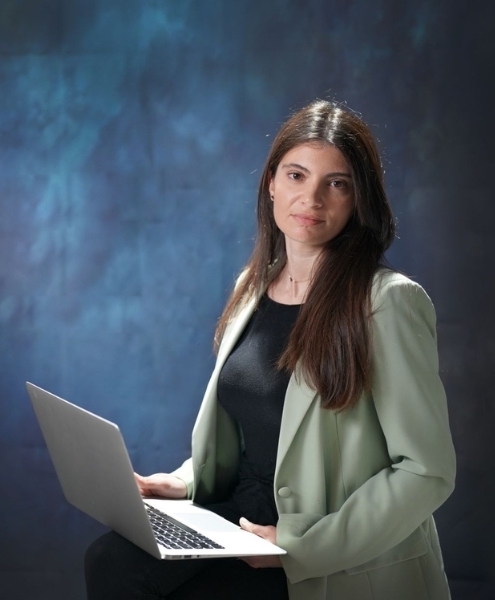
On 16th February she released “Salvarsi dalle bufale e fake news. Il libro che ogni complottista dovrebbe leggere ma che non comprerà mai” (entitled “Save yourself from hoaxes and fake news. The book that every conspiracy theorist should read but will never buy”), written by Benedetti, published by Nutrimenti.
The purpose of the book, as the author states, is not to list fake news, but to show the potential of research methodology as the only way to save themselves from misinformation. «It’s worrying to see misinformation on the rise. I have been a victim of fake news. Now I have become a debunker of fake news, I have witnessed them as a patient and as operating sanitary – says Benedetti -. Everything that has been and is vague in health communication, especially during the pandemic, has been harmful. We can speak of people who have “died of disinformation”».
Social media against fake news
Consequently, in a world bombarded with news, training logical thinking, questioning and doubting is the priority. Equally important is the search for sources and correct digitilisation. It, in fact, will make it even easier to search for content and juggle internet navigation for new generations.
«I don’t like calling myself an influencer, I prefer to divulge science. I don’t earn money thanks to my followers, but with my daily work in the department and my work as a communicator and writer – continues the nurse -. Behind five minutes of time on television, there are hours, days, weeks and months of studying. Everything I do, I do it because I like it and because I carry on the passion both for my work and for wanting to tell the world about health care from all perspectives and without filters».
The pandemic period has a significant communicative impact. Before 2020, social media was used purely for fun, with little scientific dissemination, while other channels dealt with information. In the last three, four years, there has been an explosion of openings of new social channels, such as Tik Tok. «The medium should not be criticised, it should only be studied. In the case of Tik Tok, it has often been used badly, to spread misinformation. Therefore, there are also interesting accounts that I use to get information – explains the nurse -. We can and must learn to defend ourselves from hoaxes and understand if an input is good for us, so as to understand whether to accept it or not».
Mental, physical health and moral duty
The nursing profession is a responsible job. Mental and physical health are essential to provide the right care and attention to patients. Finding a balance between mind, body and moral duty to provide relief is not always easy. That’s why getting help from a professional can make all the difference, looking for support when needed. «The moment I felt that my balance was shaking, at risk of breaking, I didn’t hesitate to turn to a professional. Something has to be done, because if we do not take care of those who must treat the population, we fail from the start», concluded Benedetti.

